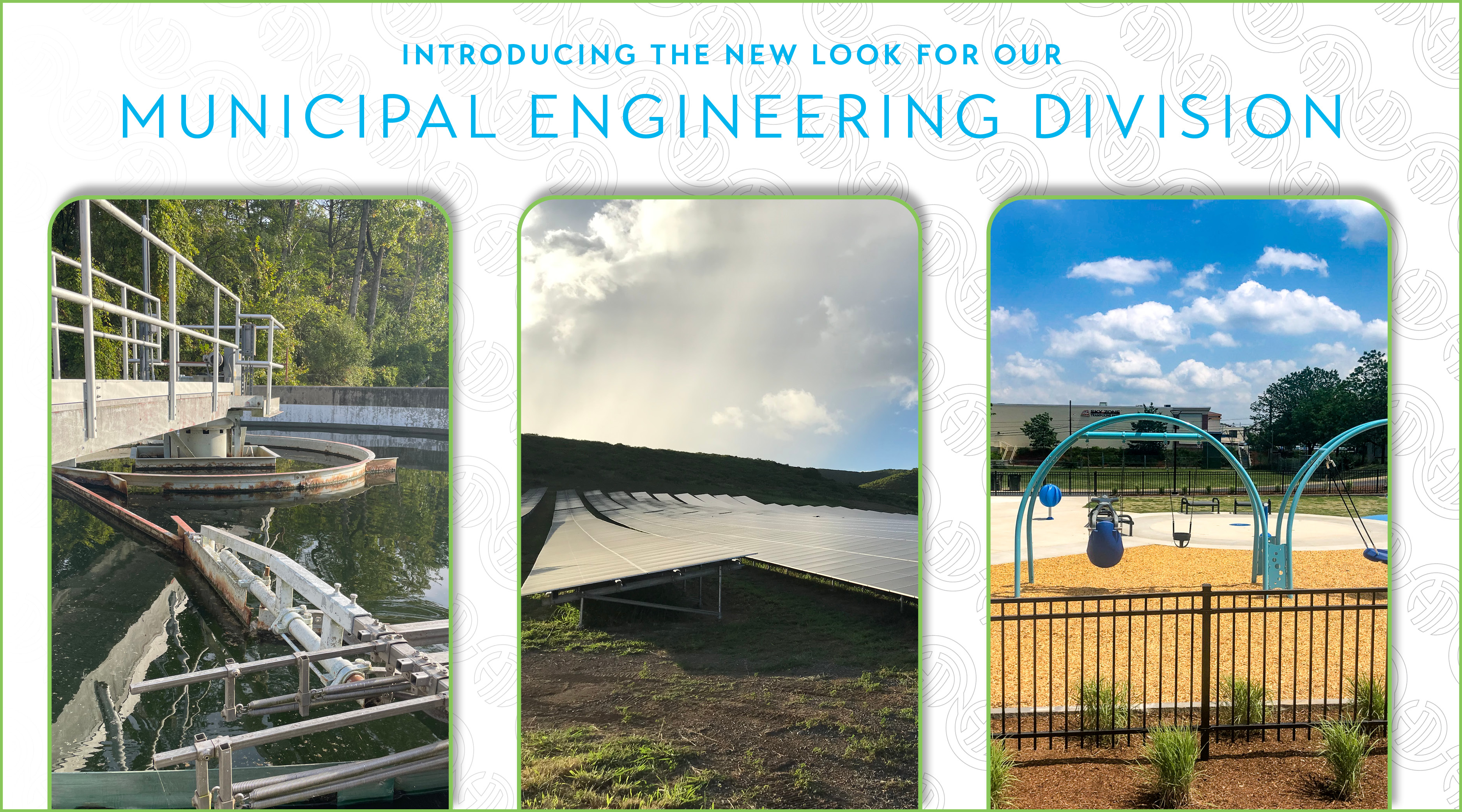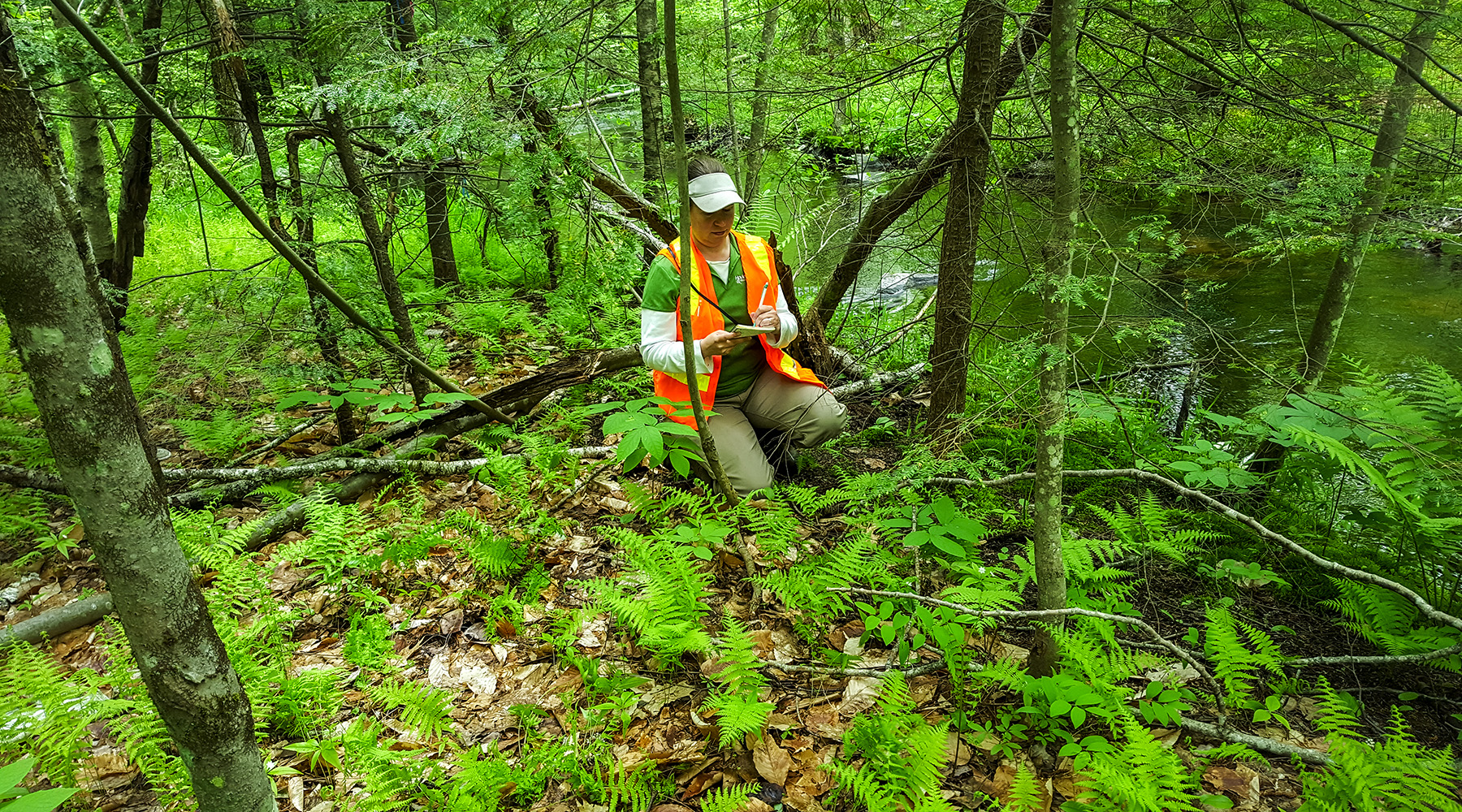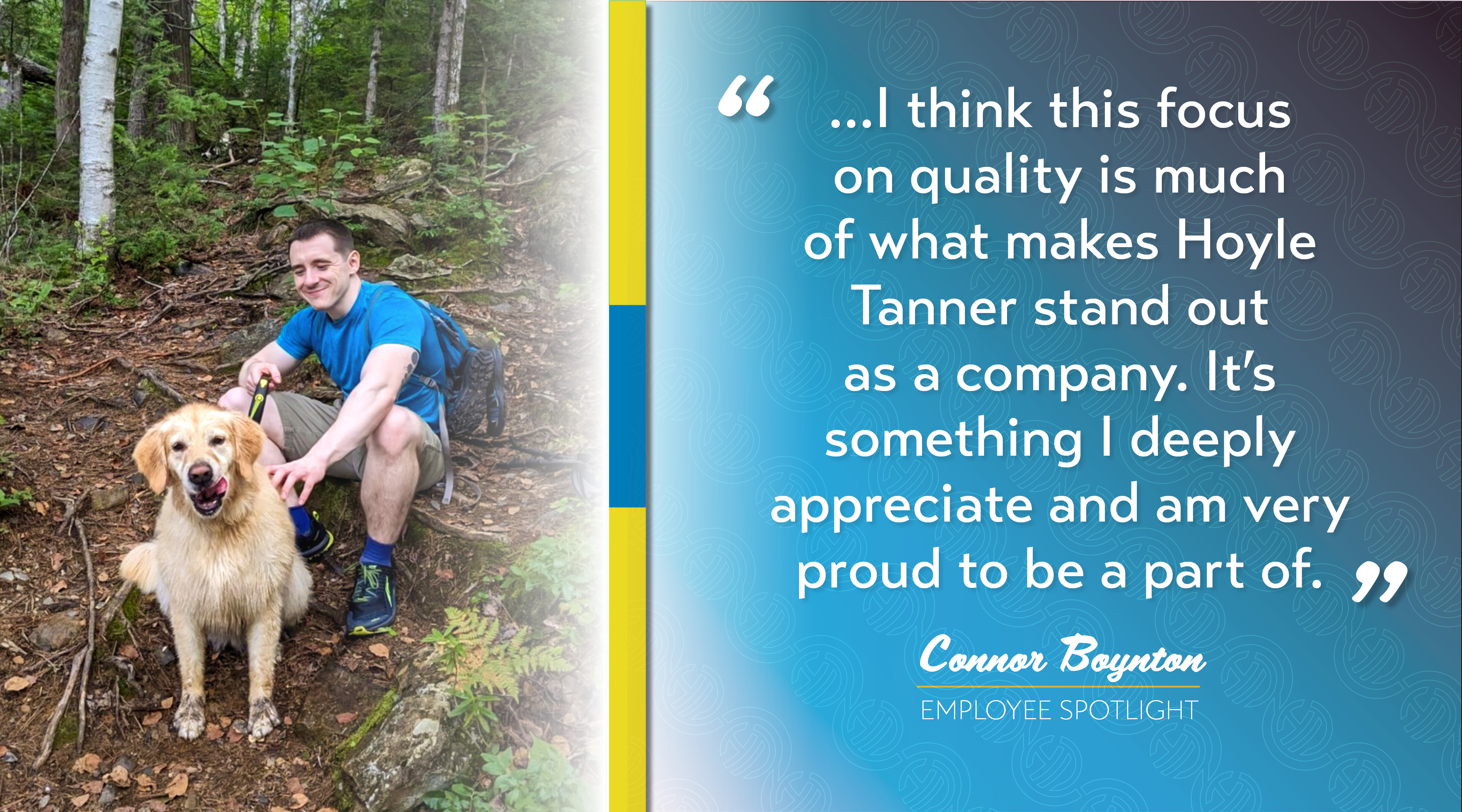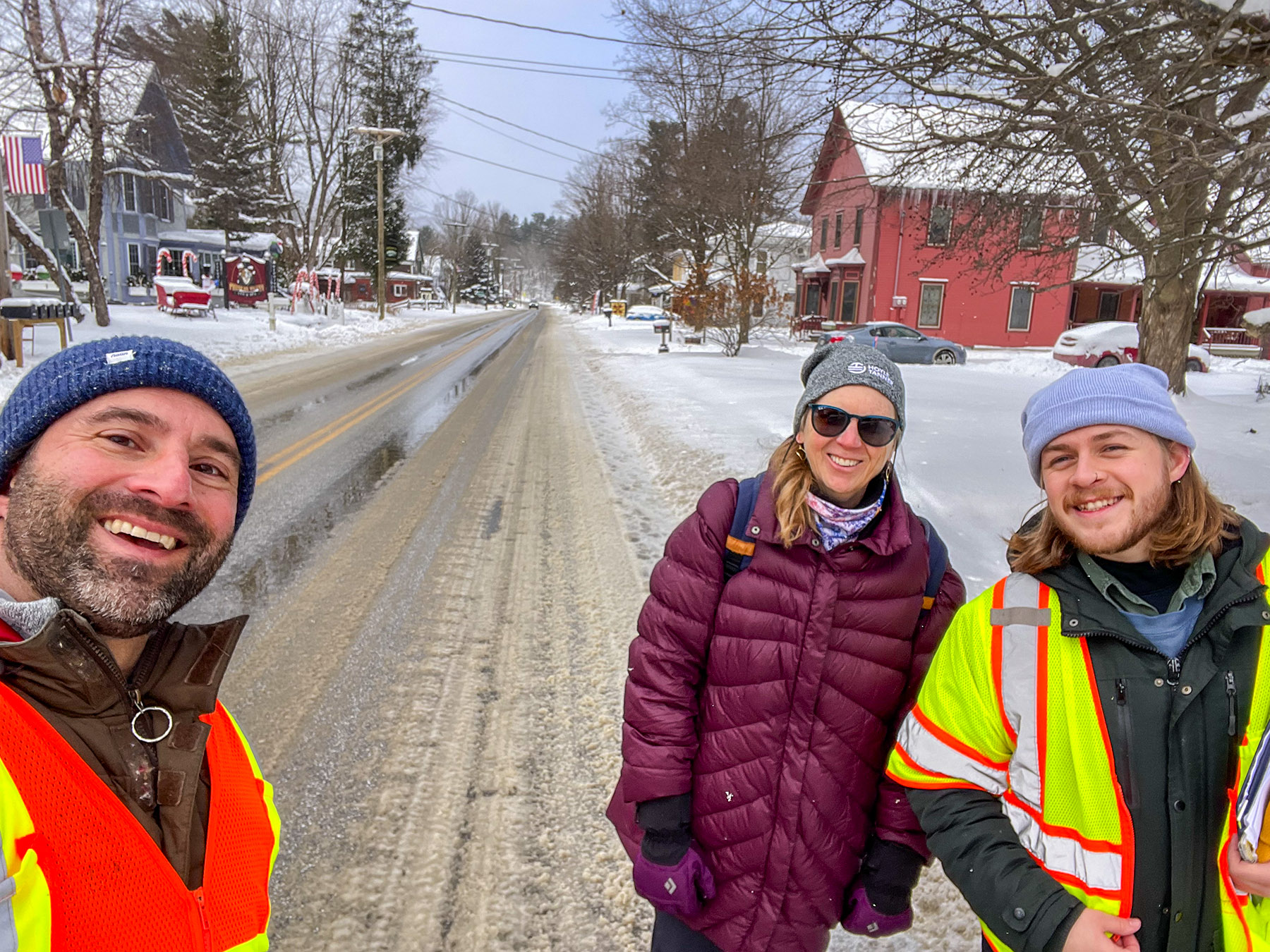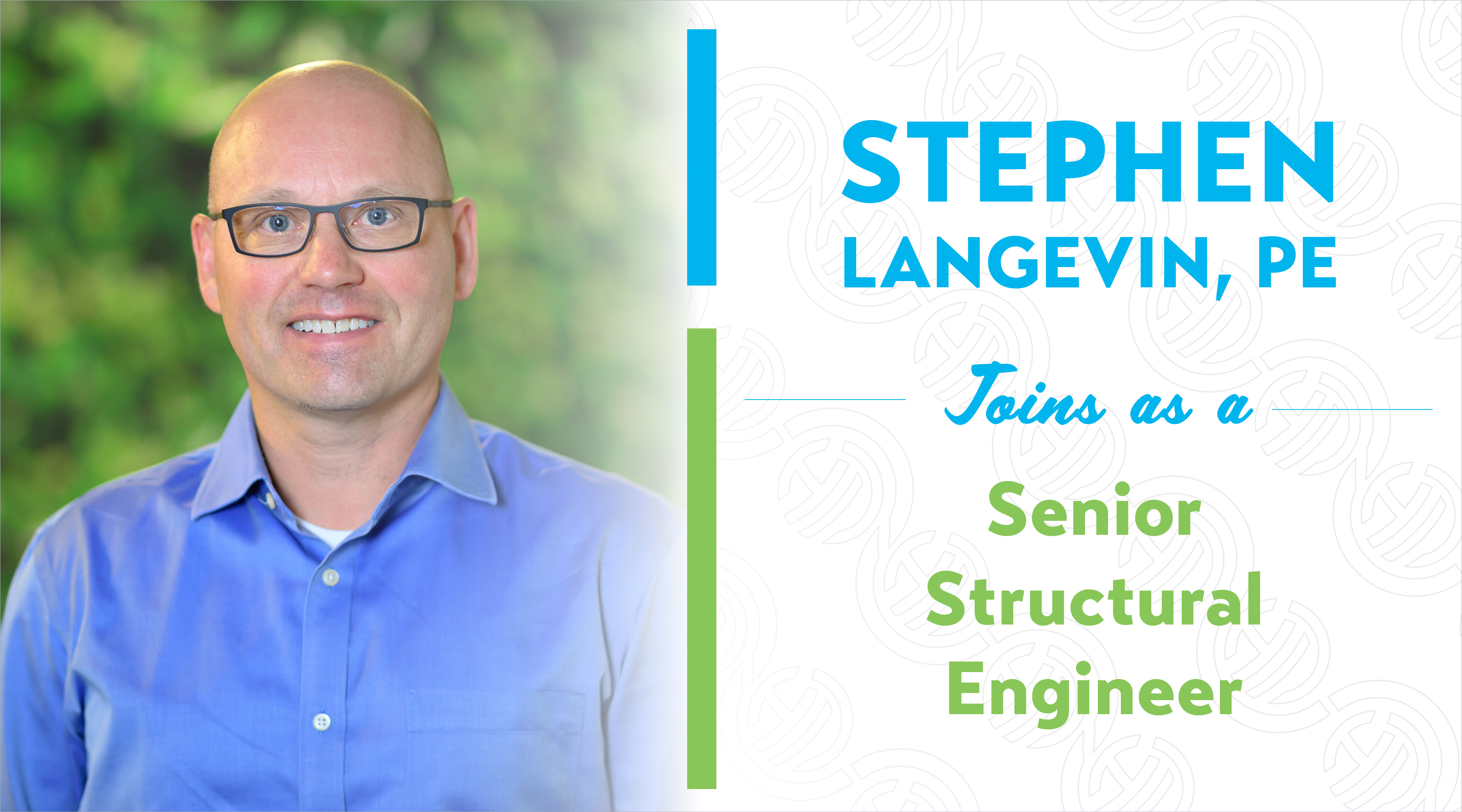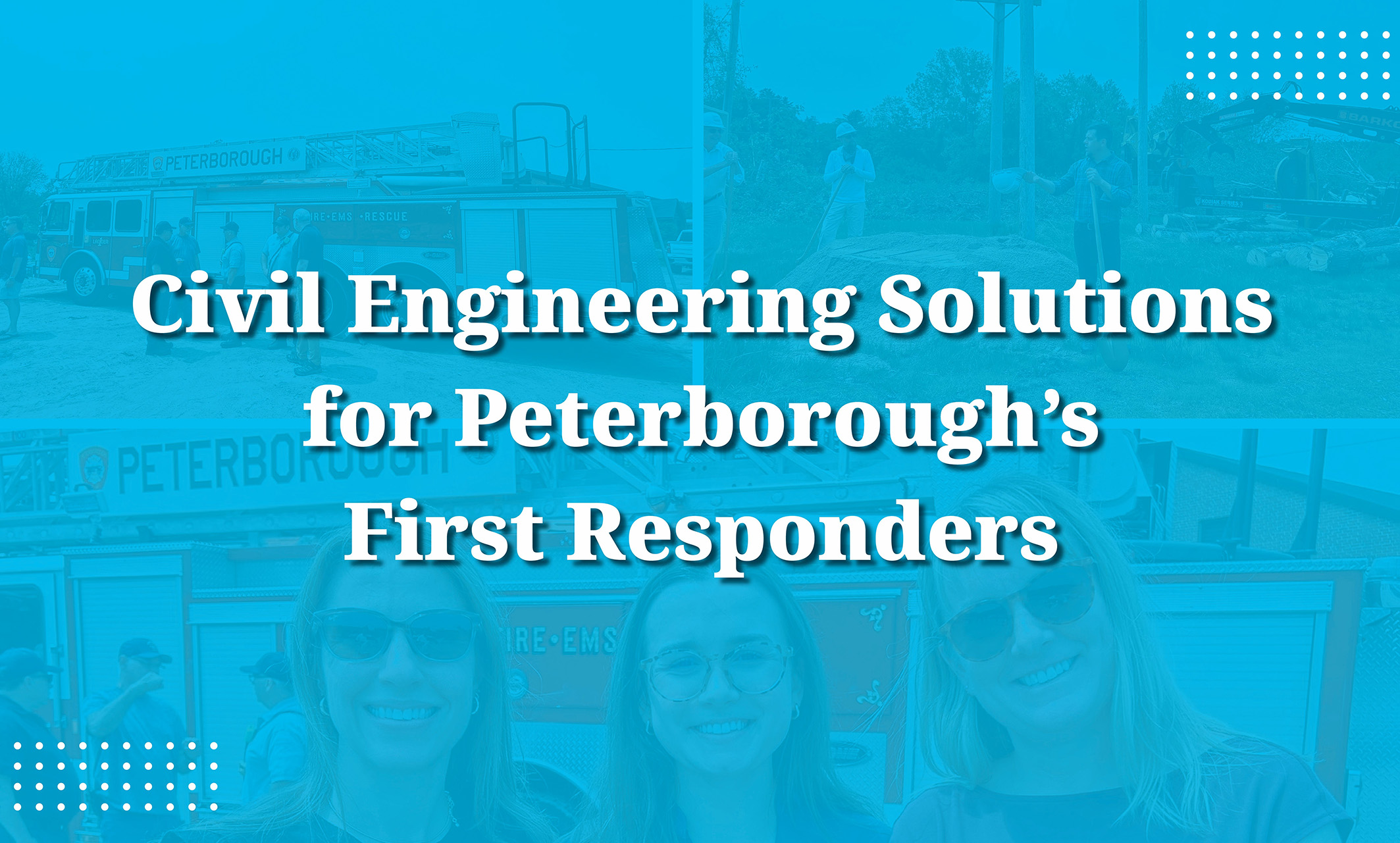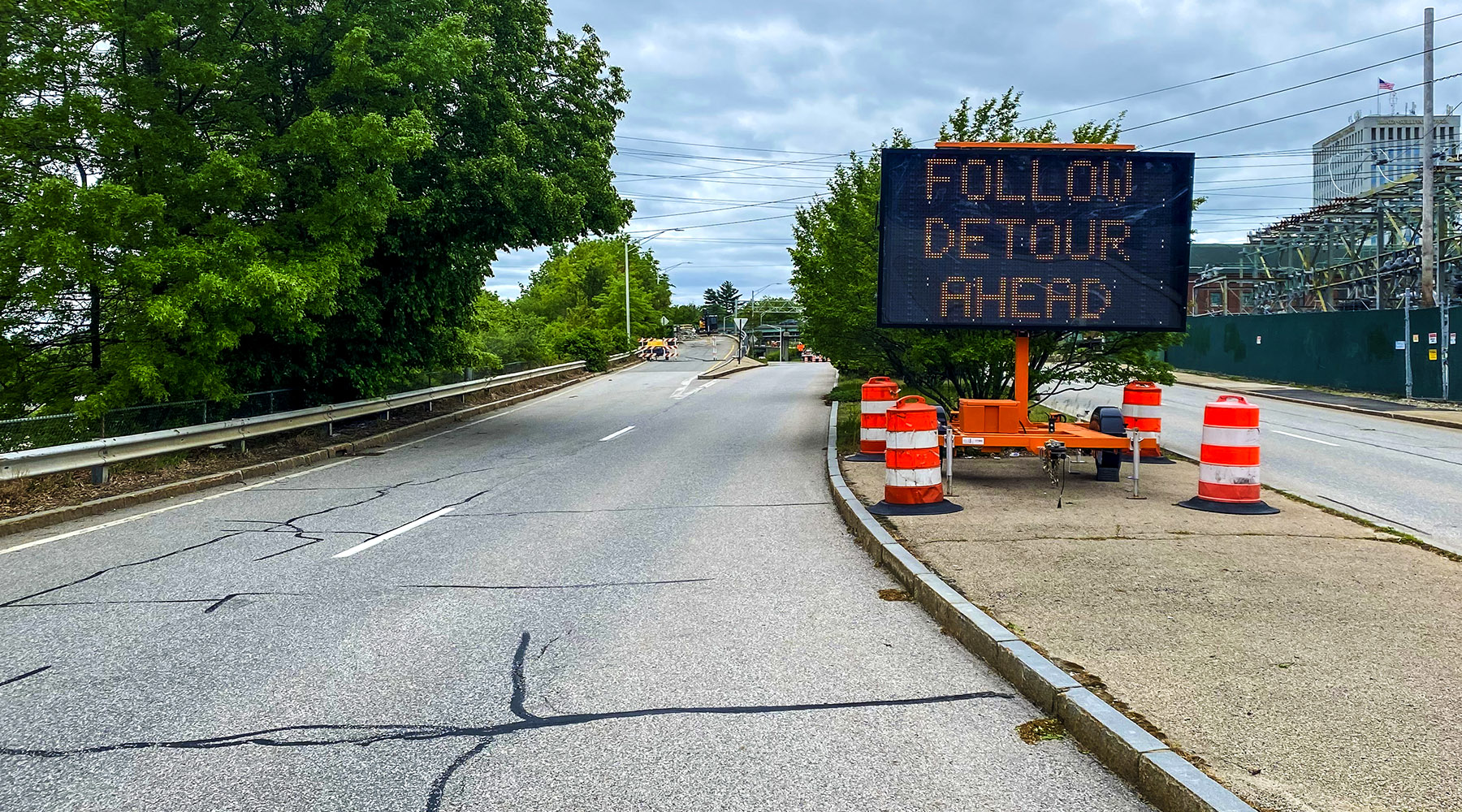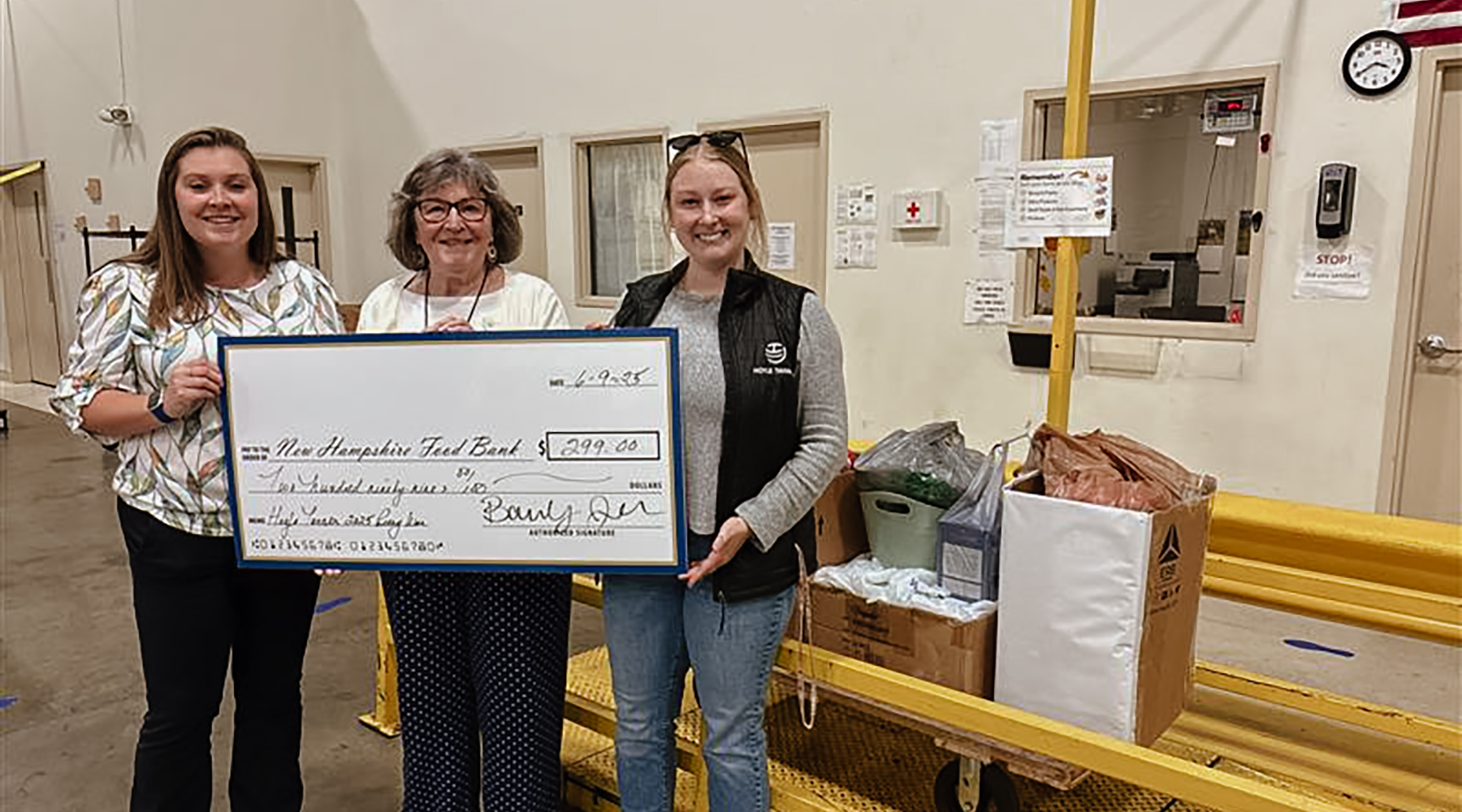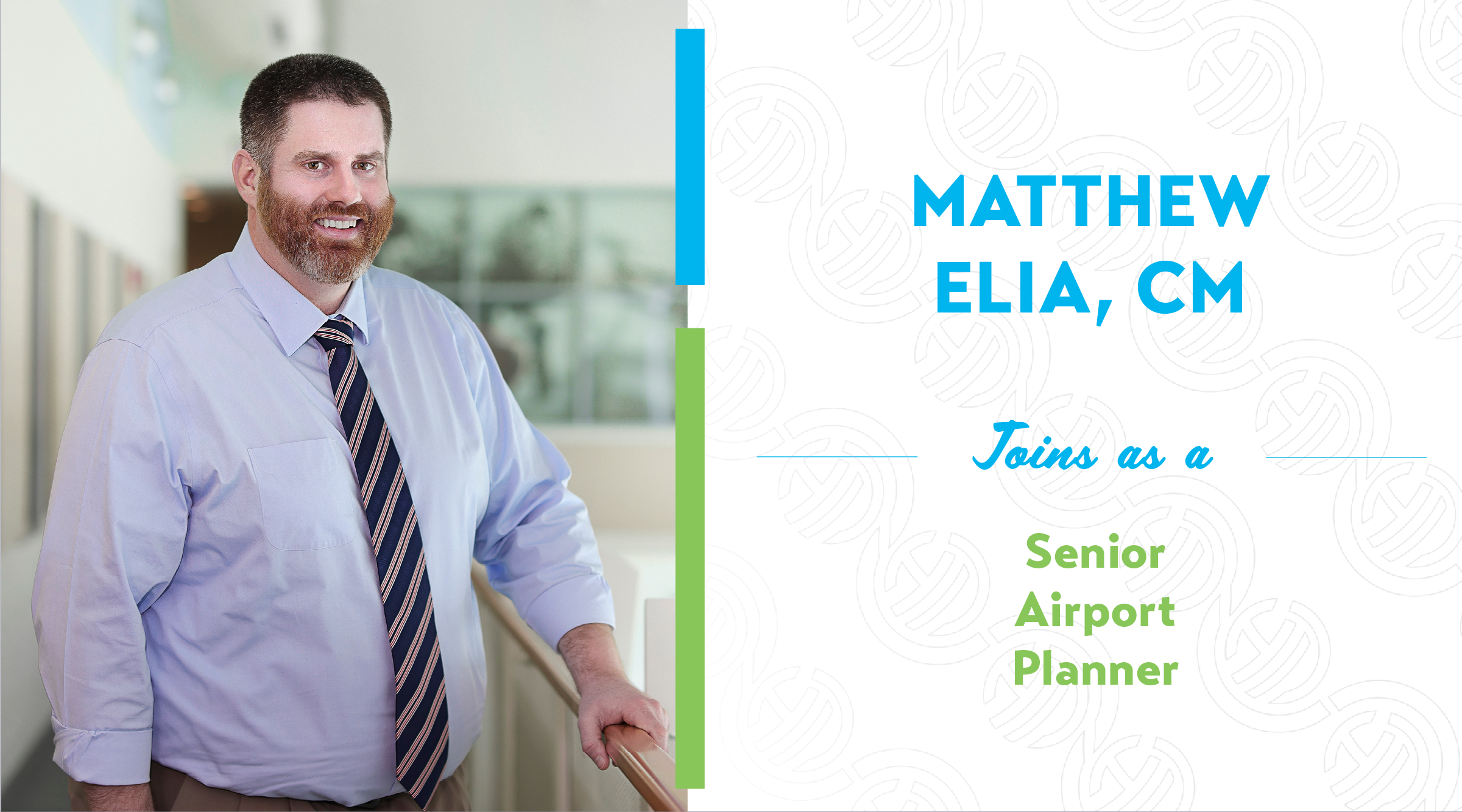Joanne Theriault’s interest in environmental science began in high school, but her journey to becoming a New Hampshire Certified Wetland Scientist (CWS) didn’t begin until nearly two decades later. Beyond her college years, Joanne worked in several career positions that provided her experience with identifying wetlands, wildlife and other natural resources. However, unlike in some of the other New England states, in New Hampshire there is a formal process to becoming a CWS who is legally able to delineate wetland boundaries. Because she worked with and under the direction of a CWS for several years, Joanne knew it would be a challenge to complete the certification process, which includes an exam that is notoriously difficult to pass. After years of hard work and determination, with a few unanticipated hiccups, Joanne officially became a NH Certified Wetland Scientist in 2020, and this was her journey.
What has your career path been? Why environmental sciences?
When I was preparing my college applications many years ago, I was pretty sure I wanted to be a nursing major, but the biology class I took my senior year of high school changed my mind. I’d found a subject that I was really excited about! My interest shifted from cell biology to ecology when I tried out a few different co-op jobs as part of my undergraduate work at Northeastern University. This path felt pretty natural, because my mother was also in environmental sciences.
Do you have an analogy that helps me understand your job better?
Delineating a wetland is like trying to complete a connect-the-dots picture on the ground….where nobody exactly drew the dots yet but rather left some clues under the ground and then also it might not actually make a picture. But be sure to draw the picture right.
What made you want to begin this certification process?
Becoming a CWS seemed like a natural professional step, and I was excited to take it. I had been working with wetland scientists for years and knew the field procedures well. I just needed to learn how they actually did it!
Were there any setbacks to your journey? Any outcomes that weren’t expected?
I came close to having a pretty major setback right out of the gate. My written exam was held on March 13, 2020, and state offices and schools closed due to COVID-19 two days later. It was pretty amazing that the exam was held at all!
I also failed the field portion of the exam the first time I attempted it; I know that this is not uncommon among those who have taken the exam, but it was still a pretty tough blow. I’m lucky to work with a wonderful and supportive team who cheered me on. Many of my teammates are engineers who were able to sympathize and share stories about the Professional Engineer examination process.
Describe the day/ what you felt like when you found out you passed the exam.
I was honestly kind of a mess waiting for the results of the field portion of the exam. When the results came in, my husband and I were both working from home. I bolted out of my home office to go tell him, but he was in a big meeting, so I had to wait for almost an hour before I could tell him. It was an exciting day!
What is your favorite part of your work?
I truly enjoy the process of collecting data in the field, bringing it back to the office, and having the chance to report on that data and contribute to how it’s used on projects. I know a lot of environmental professionals wish to be in the field every day, but I’ve been there and done that. Now I love getting to take ownership of the entire process.
Since becoming a wetland scientist, have you come across any surprising discoveries on site?
One of my favorite discoveries was at a bridge site in western New Hampshire. I was surveying in the early fall and found an amazing collection of dragonfly exuviae on the underside of the bridge where hundreds of larvae had crawled out of the river, shed their “skins,” and taken off in flight as adults.
Any advice you’d give to students studying for the exam?
When preparing for the written exam, simply knowing how to delineate wetlands is not enough. Carefully review the reference materials and expect to be asked about quirky details. However, you just need to delineate the wetland when you get to the field portion! I got bogged down with those pesky, quirky details the first time through and made a complete mess of my map.
What’s next in your career aspirations?
Even post-certification, I come across so many things I don’t know every time I’m in the field. My current aspiration is to bring home and learn about at least one plant, soil sample, or wildlife sign that I don’t know every time I’m out working. I know I’ll never know everything, but the more I learn, the better I’ll be at my job.
Joanne’s hard work to advance her career and professional goals as a wetland scientist makes her invaluable on wetland projects. Adding a CWS to our roster of highly qualified environmental staff has allowed us the capability to complete wetland delineations and functional assessments for our clients throughout most of New England. We are proud to support her in her continued journey in gaining more knowledge and striving toward preserving the region’s wetland ecosystems. To learn more about the environmental sciences or about Joanne’s journey, please contact her!

